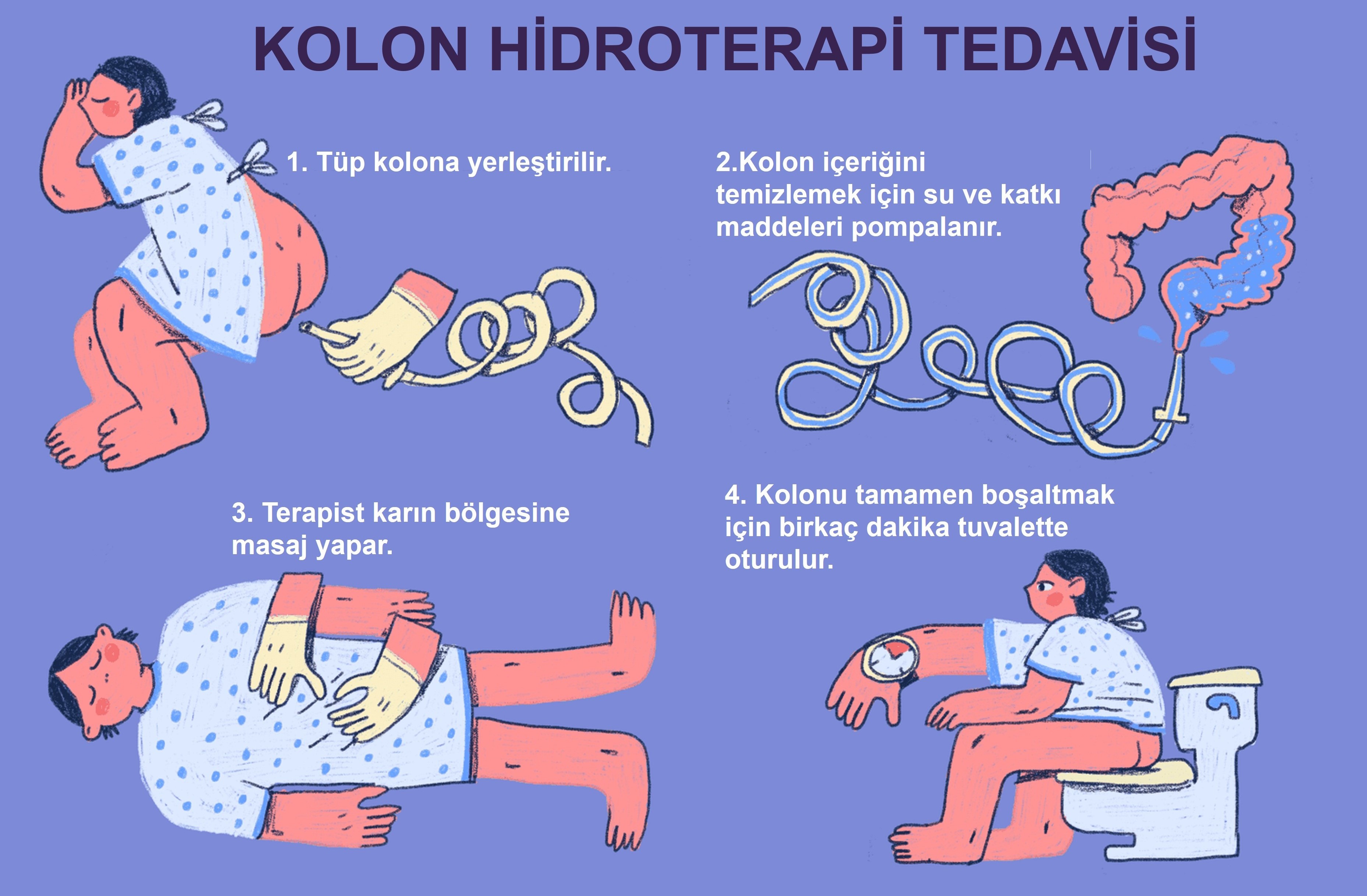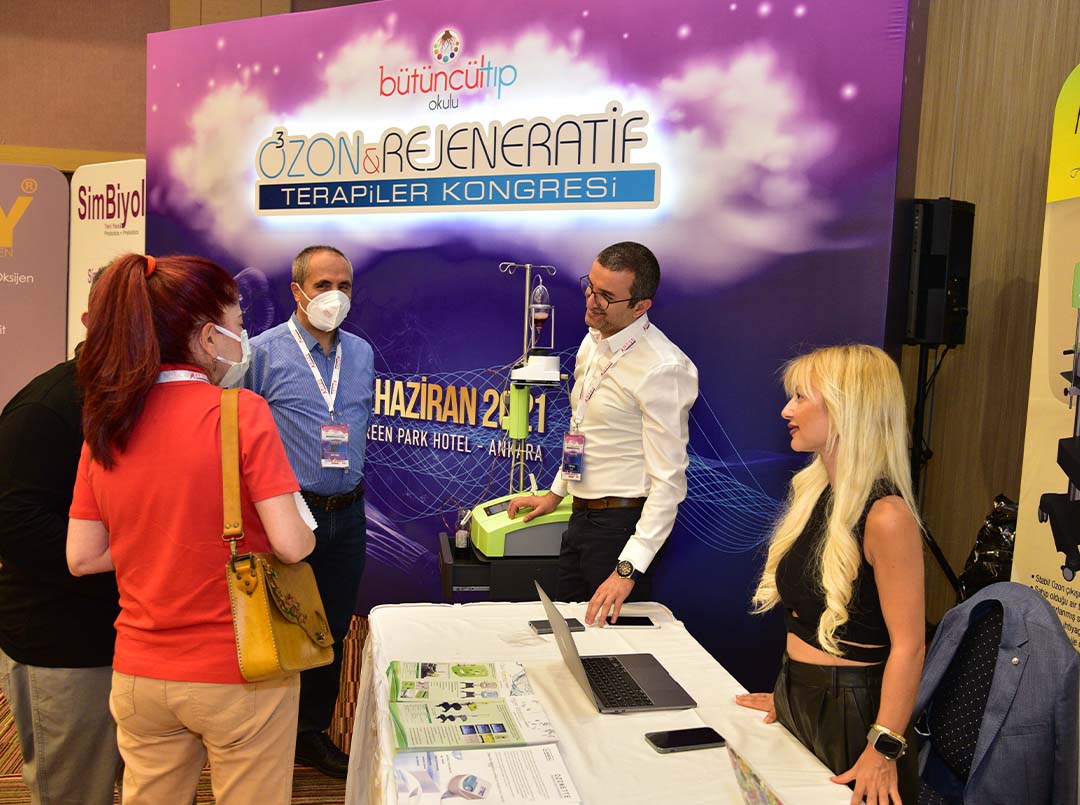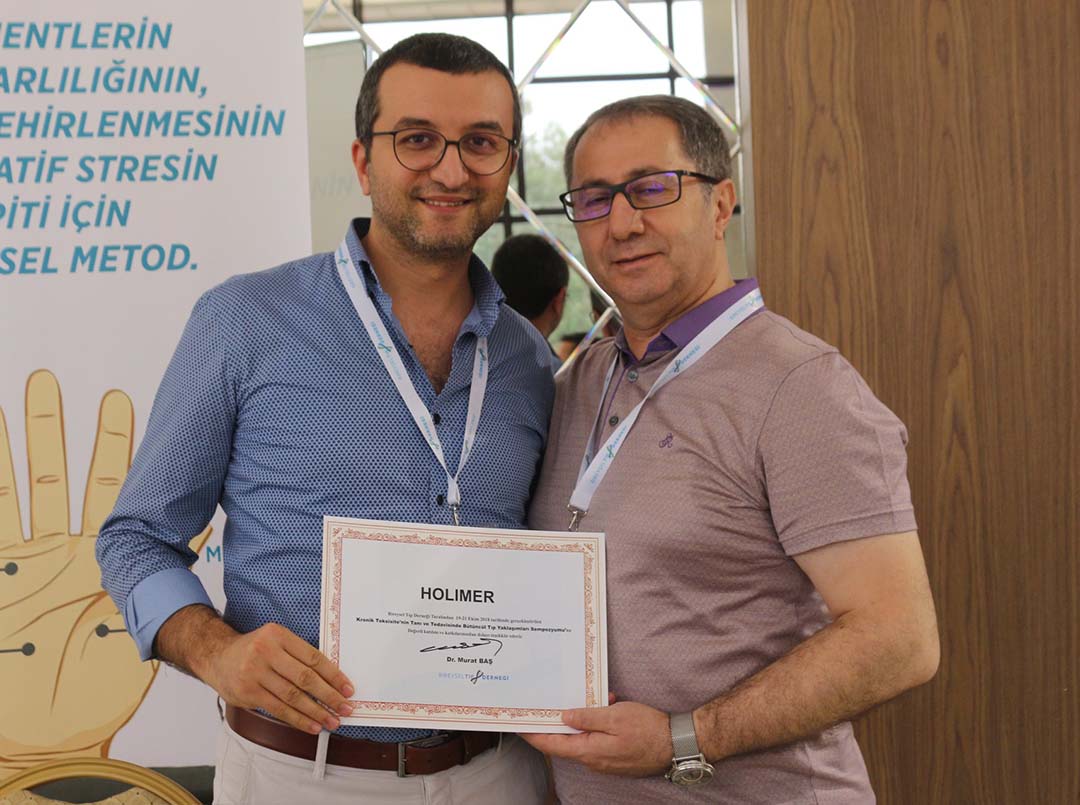WHAT IS COLON HYDROTHERAPY?
Colon hydrotherapy is a functional medicine method used to clear waste from the intestines. This is done by injecting water into the rectum and large intestine. This water is cleaned with a special device to soften the waste in the intestines and make it easier to remove from the intestines. This procedure is usually performed in clinics or spas.
Colon hydrotherapy helps many people solve digestive system problems. Some people use this method to treat indigestion, constipation, bloating, irritable bowel syndrome (IBS), and other digestive issues. In addition, some experts report that as a result of researches, colon hydrotherapy increases their general health and well-being and helps to remove toxins from the body.
During colon hydrotherapy application, the patient is connected to a special device and sterilized water is given into the large intestine. While the patient lies in a certain position, water is flushed into the rectum and large intestine. After the water circulates in the intestine for a while, it is expelled several times to soften the waste and allow it to be easily removed from the intestines.
This procedure is usually performed by a specialist or therapist, and all necessary precautions are taken to make the patient comfortable during the procedure. During the procedure, factors such as regulating the patient's body temperature and adjusting the temperature and pressure settings are also taken into consideration.
Colon hydrotherapy usually lasts between 45 minutes and an hour, during which the patient remains connected to the device. During the procedure, the patient may sometimes experience mild discomfort, but usually they do not experience pain or discomfort.
When the colon hydrotherapy procedure is complete, the patient is made to wait to go to a toilet. After the procedure, side effects such as mild indigestion or abdominal pain may occur, usually for a few hours. However, colon hydrotherapy is generally a safe procedure, although it is always recommended to speak to a healthcare professional before having this procedure.



